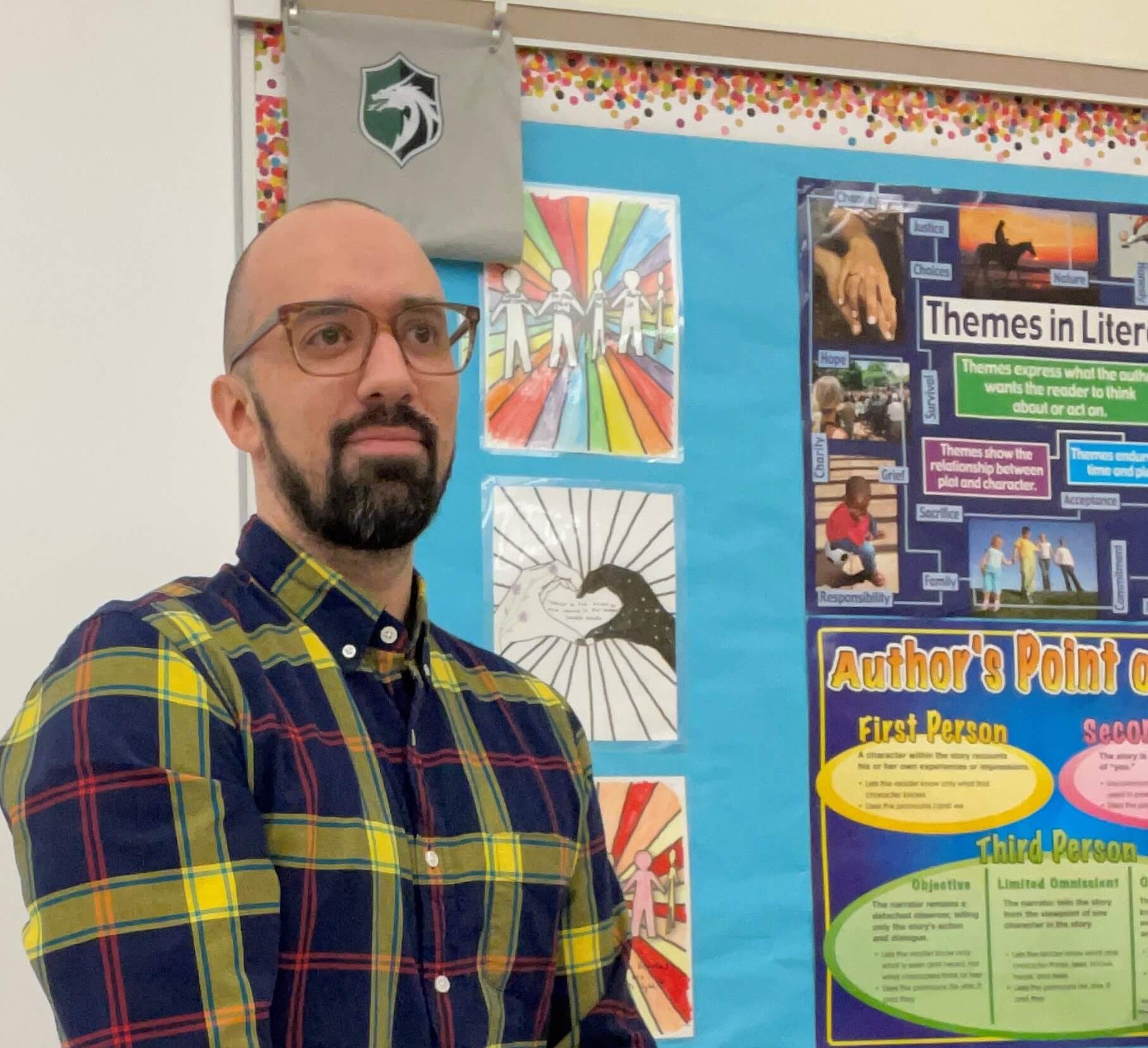It might be the most common question college students get: “What’s your major?”
While it may be a great conversation starter on campus, the question isn’t that effective in predicting someone’s job choice—certainly not a full career trajectory. The better we understand that, the better equipped we’ll be to help students with the bigger questions they face at the starting line of adulthood.
David Gwyn knows this. One year after graduating from college with an English degree, he convinced JPMorgan Chase, the country’s largest investment bank, to hire him as a financial analyst.
“I knew there was value in getting an English degree, being able to take complex ideas and make them clearer,” said Gwyn, who has a bachelor’s degree from Muhlenberg College in Allentown, Pa. “I think the hardest part is convincing other people of that.”
He had to prove his value—selling the communications skills that underlie his college major.

“With a finance degree, you might have an understanding of the system, but they’ll teach you that anyway,” Gwyn said. “It’s the difference between having a specific skill set and having a general understanding that you can apply to the job.”
Gwyn wrote about his journey from English major to financial analyst a couple of years ago, describing how he prepared for the critical job interviews with Chase and what he learned—including tips for other job-seekers schooled in the humanities.
“I’ve found that if you position yourself correctly, an English major is actually one of the most malleable areas of study,” he wrote. “And if you understand that and can articulate it, you’re one step closer to success in pretty much any field.”
Stories like this should encourage students who are wondering how to apply their college learning. Increasingly, in a world where technology fills the roles once occupied by people, we’ll see the importance of agile problem-solving, communications, and critical thinking. That’s the work that only humans can do, as I explored in my most recent book, “Human Work in the Age of Smart Machines.”
For example, in some professional fields—medicine, engineering, law, and accounting—it’s easy to see the path to a job. But not always: A study by the Federal Reserve Bank of New York found that fewer than one in three college graduates work in their field of study. Other sources put the figure higher, but still only 46 percent.
And some of the country’s best-known business leaders can attest to the enduring value of humanities degrees, including Starbucks founder Howard Schultz, former YouTube CEO Susan Wojcicki, and Andrea Jung, former CEO of Avon Products. All pursued liberal arts degrees.
Gwyn, meanwhile, has changed course again. After two years in banking, he left to earn a master’s degree in English literature from Rutgers University and turned to education. He now teaches middle school in a Philadelphia suburb and has a podcast devoted to authors of suspense fiction.
One of his former colleagues, Spencer Liddic, was with JPMorgan Chase for six years. Liddic was a finance major in college, but he agrees with Gwyn on the underlying skills needed for success.
“I learned nearly my entire role while training with JPMorgan—not while I was in college,” Liddic said. “If you have an aptitude for learning, you can learn nearly any entry-level job with on-the-job training, with little to no background on the subject.”
Liddic was an operations analyst at the time and today owns a real estate investment company in Scranton, Pa. He agreed that being able to relate to others—sometimes harder than it sounds—is key to success in many fields.
“This is a large part of an entry-level finance job, where you are communicating daily with not only your colleagues but with clients of the company,” he said. “Being able to effectively and efficiently communicate is as important a skill as you can have.”
Timing and even luck can influence a job search, but a recent study commissioned by the Modern Language Association, a professional association for scholars of language and literature, found that English majors are holding their own.
“Contrary to popular belief, career outcomes for English majors are similar to those of all graduates,” the study said. “Data from the National Humanities Alliance shows that in 2018, the unemployment rate was 2.17% for all college graduates and 2.3% for English majors. The median career peak annual earnings for all college graduates in 2018 was $78,000; for English majors, it was $76,000.”
A report from the American Association of Colleges and Universities found that while humanities and social science BA grads lag others in salaries for the first few years after graduating, on average, they catch and often exceed them later on.
There are no guarantees in life, including higher education, and no report will take the place of smart job-hunting practices, including the ones Gwyn wrote about. So, what does an investment analyst turned middle school English teacher tell his students?
“I tell them I’m teaching skills that are transferable to whatever job you get,” Gwyn said. “I don’t just teach the curriculum; I teach the skills.”
